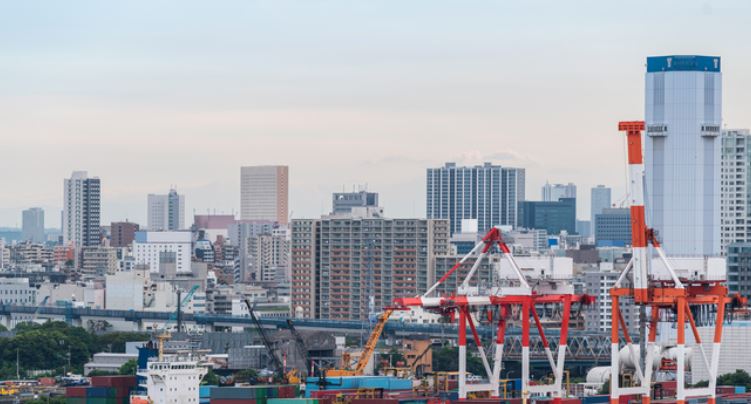India’s stance on global trade negotiations, particularly within the World Trade Organization (WTO), has been a subject of intense scrutiny and debate. While the nation has traditionally favored policy flexibility to bolster sectors like agriculture, fisheries, and traditional manufacturing, emerging imperatives demand a recalibration towards embracing new-age industries such as digital economy and high-tech manufacturing. This shift is crucial for aligning with India’s ambitious Vikas Bharat vision, aiming to catapult the nation into a technology-driven economic powerhouse by 2047.
Navigating Global Economic Paradigms
In a world increasingly shaped by geoeconomics, resilient global value chains, and sustainability imperatives, India finds itself at a pivotal juncture. As the third-largest recipient of Foreign Direct Investment (FDI) globally in 2022, after the US and China, and with aspirations to enhance goods exports to $1 trillion by 2030, India’s economic strategy hinges on integrating more deeply into the global economic framework. Yet, challenges persist, particularly in areas like e-commerce, where India’s current export contributions remain modest despite exponential global growth projections.
India’s Role in WTO Discussions
India’s proactive engagement in WTO discussions holds strategic significance not just for bilateral negotiations but also for asserting leadership within the Global South. The nation’s stance on expanding WTO’s agenda, particularly in domains like e-commerce, climate change, and investment facilitation, underscores its commitment to shaping global trade norms that align with its developmental objectives. This proactive approach is essential for securing favorable trade conditions in critical markets such as the US, European Union, Japan, and emerging economies, crucial for its export-led growth model.
Policy Reforms and Regulatory Initiatives
India’s recent regulatory reforms reflect a concerted effort to enhance transparency, digital infrastructure, and operational efficiency across sectors crucial to its economic diversification. Initiatives encompassing data protection laws, consumer rights enhancement, competition policies, and tax reforms are pivotal steps towards creating an enabling environment for robust e-commerce growth. Moreover, India’s commitment to achieving net-zero carbon emissions by 2070 underscores its transition towards sustainable economic practices, critical for navigating the evolving global regulatory landscape.
The Path Forward: Strategic Imperatives
As India strives to elevate its global trade footprint, it must shed historical defensiveness and embrace a proactive stance in global economic governance. The country’s historical growth trajectory, catalyzed by trade liberalization reforms post-1991, laid the foundation for economic expansion. However, to sustain momentum and achieve higher trade-to-GDP ratios, India must actively participate in shaping multilateral trade rules that accommodate emerging economic realities and technological disruptions.
Conclusion: Embracing Change for Economic Prosperity
In conclusion, India’s imperative to reset its trade policy framework is not just about adapting to new economic paradigms but also about seizing opportunities in global trade dynamics. By reorienting its policies to promote digital integration, sustainable development, and resilient value chains, India can bolster its position as a global manufacturing hub and a leader in trade negotiations. The journey towards recalibrating trade policies must align with the nation’s broader developmental aspirations, ensuring inclusive and sustainable economic growth for all stakeholders.
Summary Table:
| Key Learning Points |
|---|
| Need for India to realign trade policies with digital economy trends |
| Importance of proactive WTO engagement for global trade leadership |
| Impact of regulatory reforms on enhancing business environment |
| Strategic imperatives for India’s sustainable economic growth |

Sunil Garnayak is an expert in Indian news with extensive knowledge of the nation’s political, social, and economic landscape and international relations. With years of experience in journalism, Sunil delivers in-depth analysis and accurate reporting that keeps readers informed about the latest developments in India. His commitment to factual accuracy and nuanced storytelling ensures that his articles provide valuable insights into the country’s most pressing issues.



